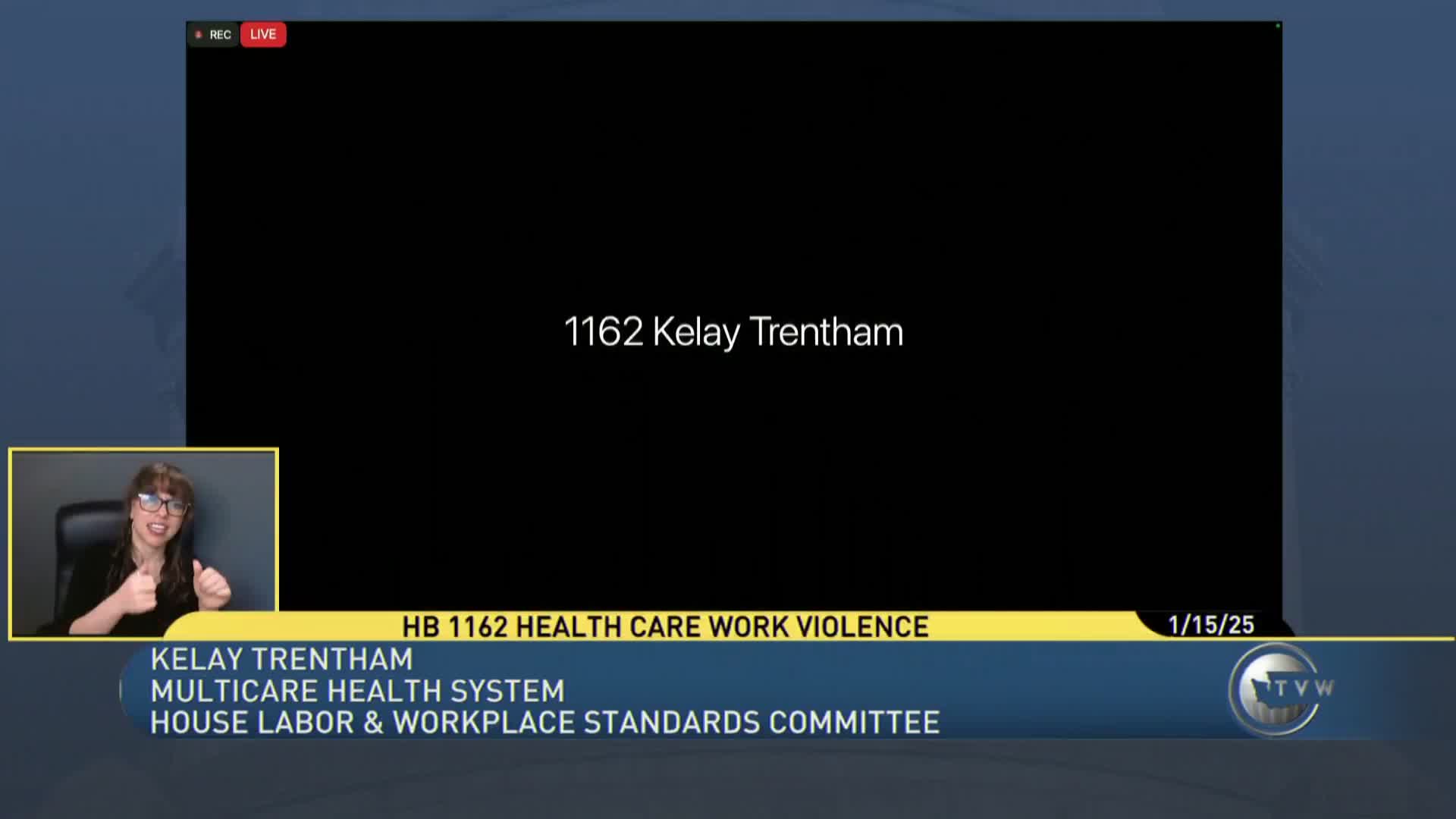Lawmakers hear proposal to narrow overtime coverage for small employers, nonprofits
Get AI-powered insights, summaries, and transcripts
Subscribe
Summary
The committee considered HB 1184, which would let certain employees of small employers and qualifying nonprofits be exempt from state overtime rules if they meet duties tests and are paid at least 1.5 times the state minimum wage.
The committee heard House Bill 1184, which would carve a limited overtime exemption under Washington’s minimum wage act for certain executive, administrative, and professional employees employed by small businesses (50 or fewer full‑time employees) or qualifying nonprofit organizations.
Staff explained that Washington’s overtime and exempt‑employee framework uses a duties test plus a salary threshold based on multipliers of the state minimum wage. Under current L&I rules adopted in 2020, the salary‑threshold multiplier is scheduled to rise toward 2.5 times the minimum wage by 2028; HB 1184 would create an alternative exemption from overtime for qualifying employees who meet the duties test and are paid at least 1.5 times the state minimum wage for a 40‑hour week (about $1,000 weekly under the current minimum wage cited by staff).
Representative Suzanne Schmidt, prime sponsor, said the bill is intended to give relief to nonprofit organizations and small businesses facing rising labor costs and budget pressures, particularly in rural communities. Proponents included chambers of commerce and multiple nonprofit leaders who testified that the current threshold reduces their ability to offer salaried, flexible roles and threatens organizational sustainability. Witnesses from small nonprofit service providers and Chambers of Commerce in Clarkston, Burlington, Gig Harbor, and other communities described converting salaried staff to hourly and the burdens that created.
Labor unions and worker advocates strongly opposed the measure. Joe Kendo of the Washington State Labor Council testified in opposition, arguing that overtime protections guard against overwork and preserve a health‑protective standard; he noted the overtime threshold historically covered a larger share of salaried workers. Samantha Sanders of the Economic Policy Institute told the committee that overtime protections are important for work‑life balance and public health and urged that the state avoid further narrowing of coverage.
Union and nonprofit advocates also said the proposed exemption would have disparate impacts and urged continued protection of overtime pay to avoid incentivizing overwork. No amendments or votes were recorded; the hearing closed after testimony.
